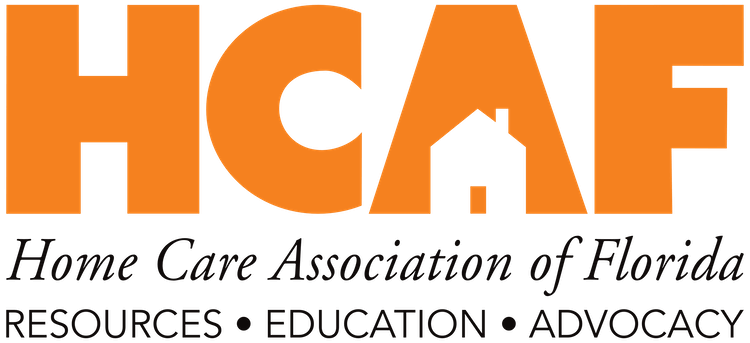What the 2026 Medicare Advantage Final Rule Means for Home Health Providers

What the 2026 Medicare Advantage Final Rule Means for Home Health Providers
The Centers for Medicare & Medicaid Services (CMS) has released the 2026 final rule for Medicare Advantage (MA) and Medicare Part D plans, along with payment rate updates, ushering in significant updates to plan operations, risk adjustment, payment rates, and beneficiary protections. While the final rule does not directly address home health services, several provisions may affect home health providers serving MA enrollees.
This marks the first major regulatory action under the leadership of CMS Administrator Dr. Mehmet Oz and Department of Health and Human Services (HHS) Secretary Robert F. Kennedy Jr., since their appointment by President Trump earlier this year. While the administration’s “Make America Healthy Again” agenda promises to modernize health care, reduce bureaucracy, and prioritize prevention and wellness, the absence of any mention of home- and community-based services (HCBS) is a glaring omission for the home care provider community.
Here’s what matters most for home health providers:
MA Plans Get a Windfall — But Providers Are Left Guessing
CMS finalized a 5.06% average benchmark payment increase for MA plans in 2026, adding more than $25 billion in new funding. Including expected coding trends, MA plan revenues are projected to climb 7.2% — the largest jump in over a decade.
However, this substantial payment increase comes with no requirement for funds to reach frontline providers. Home health agencies remain burdened by low reimbursement rates, prior authorization hurdles, and slow payments under MA contracts. Without direct reforms, providers delivering care in the home are left questioning whether this funding will benefit patients or simply bolster plan margins.
Stronger Protections for Coverage Decisions
In a positive development, CMS clarified the definition of “organization determinations” to include coverage decisions made during care, such as concurrent reviews. Plans may no longer retroactively deny approved services, except in cases involving fraud or under CMS’s limited reopening criteria. Additionally, when providers submit coverage requests on behalf of patients, they must now be notified of the outcome directly. These updates may help prevent abrupt service denials and support continuity of care for home health patients mid-episode.
CMS Walks Back Limiting Definition of Community-Based Organizations
CMS opted not to finalize its proposed definition for “community-based organizations” (CBOs) delivering in-home supplemental benefits, which would have favored nonprofits and excluded many for-profit home care providers. By backing away from this change, CMS maintains flexibility for providers offering supplemental services under MA — a relief for agencies already navigating tight margins.
Prior Authorization and Health Equity Oversight: Still Pending
While the rule stopped short of comprehensive prior authorization reform, CMS is moving forward with oversight measures aimed at advancing health equity. Medicare Advantage plans will be required to conduct annual equity analyses of their utilization management policies and assess their impact on dually eligible and underserved populations. These efforts could lead to increased scrutiny of home care access under MA in the future.
Other Changes That May Affect Home Health
Several other provisions may indirectly affect home-based care delivery. Plans must now issue mid-year notifications to enrollees about any unused supplemental benefits. The appeals process has been improved for patients when coverage is terminated for home health or post-acute care services. CMS also finalized new standards to curb biased marketing practices by brokers and implemented adjustments to the Star Ratings and risk adjustment models that influence plan performance and payment.
Context: CMS and HHS Leadership Under the Trump Administration
Dr. Oz has pledged to reduce administrative burden, promote preventive care, and hold plans accountable for outcomes — not paperwork. Secretary Kennedy has echoed commitments to efficiency and transparency in public health programs. Yet, home health is still absent from these public priorities.
This silence is concerning for an industry critical to value-based care, aging in place, and serving medically complex populations at home.
Final Thoughts for the Home Health Community
The CY 2026 MA rule includes meaningful improvements in transparency and patient protections, but it stops short of addressing the fundamental issues home health providers face—namely inadequate reimbursement and burdensome prior authorization requirements. For now, the burden remains on providers to navigate these challenges.
HCAF will continue working with national partners to advocate for needed reforms that ensure fair and timely MA reimbursement, simplify authorization processes, increase plan accountability, and elevate home care as a core strategy in Medicare’s future.
Related News:
- CMS Final Rule on CY 2026: Policy and Technical Changes (Holland & Knight, 4/11/25)
- Trump’s CMS Dramatically Raises Payments to Medicare Advantage Plans (Healthcare Dive, 4/8/25)
